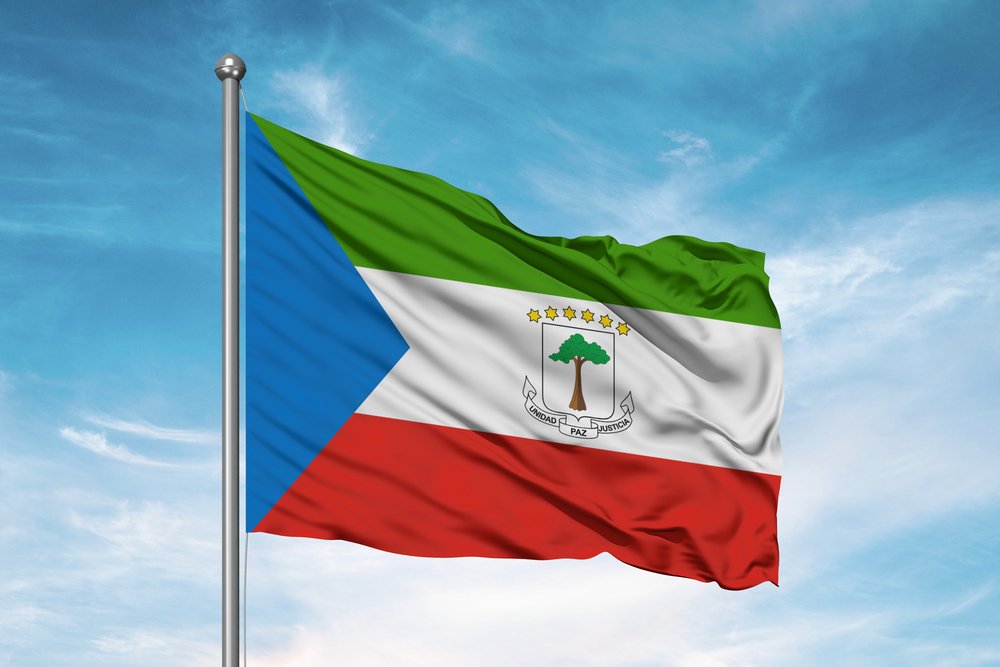International Relations Amid Domestic Unrest
Guinea, under the rule of Colonel Mamadi Doumbouya and his junta, is in the midst of intense international and domestic scrutiny. The junta, which seized power in 2021, has strategically maintained relations with global powers while simultaneously dealing with internal opposition with an iron hand.
Chinese Investment and Economic Interests
China’s deepening economic ties in Guinea, particularly in exploiting the bauxite and iron reserves, play a significant role in the international handling of the junta’s rule. The assurances given by Doumbouya to honor previous agreements have been a cornerstone in continuing Chinese investment. This is especially pertinent as China seeks to diversify its sources of essential minerals, reducing its dependence on Australia.
Russia and Guinea’s Historical Ties
Russia, another significant player, has historical ties with Guinea and continues to be a major economic partner. The relationship has remained robust, with Russia continuing its mining operations in the country, indicating a pragmatic approach focused on economic interests over political developments.
France’s Cautious Engagement
France has taken a cautious yet engaged approach. The European power is keen on maintaining security and economic ties without escalating tensions. Military cooperation and economic partnerships, especially in infrastructure development, indicate France’s interest in stabilizing the region and safeguarding its interests.
The United States’ Diplomatic Stance
The U.S. has adopted a dual approach. While condemning the coup and suspending military cooperation, economic engagements, especially in the liquefied natural gas sector, are ongoing. This reflects the complex nature of international relations where economic interests often temper political reactions.
Domestic Opposition and Human Rights Concerns
Domestically, Doumbouya’s rule is characterized by repression. The leading political figures, including former President Condé and opposition leader Cellou Dalein Diallo, are in exile. Accusations of corruption and suppression of demonstrations underscore the junta’s authoritarian rule.
The National Front for the Defense of the Constitution (FNDC), a prominent opposition movement, has faced severe restrictions. Calls for demonstrations have been met with arrests, and there are reports of fatalities due to police and military actions. This stark difference between the junta’s international engagements and domestic repression is a significant concern.
Looking Ahead
Guinea’s rich mineral wealth, including the world’s second-largest bauxite reserves and untapped iron deposits at Mount Simandou, place it at the center of international economic interests. The junta’s ability to balance these interests while managing domestic unrest is crucial.
Elections are officially slated for 2024, but preparations are notably absent. The international community, while engaged economically, is also watching the junta’s handling of civil liberties and political freedoms. The unfolding scenario in Guinea is a complex interplay of economic interests, international relations, and human rights, with each development closely monitored by global powers and human rights organizations alike.
You may also be interested to check out our Special Metals News Digest!






